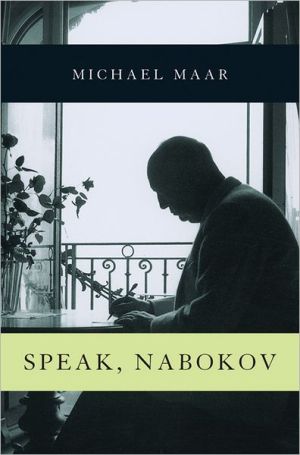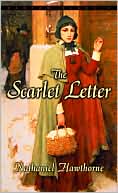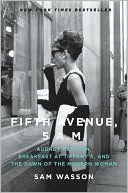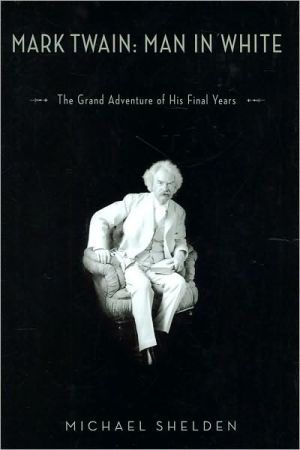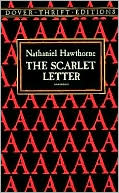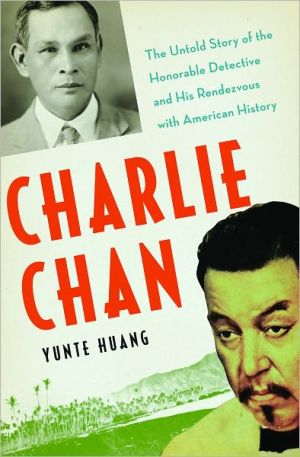Speak, Nabokov
On the eve of the controversial, posthumous publication of The Original of Laura, Michael Maar follows his critically acclaimed The Two Lolitas with a revealing new perspective on Vladimir Nabokov’s life and work. Hunting down long-hidden clues in the novels, and using the themes that run through Nabokov’s fiction to illuminate the life that produced them, Maar constructs a compelling psychological and philosophical portrait. Characteristically graceful and engaging, Speak, Nabokov offers a...
Search in google:
Master literary sleuth unearths Nabokov's life from his work.Publishers WeeklyGerman scholar Maar titles his cogent and authoritative study, which mingles Nabokov’s experiences with his art, after the writer’s memoir Speak, Memory. Maar is good at decoding a range of literary influences on the combustible and withering Nabokov, including Goethe, Thomas Mann, Wilhelm Busch, Hans Christian Andersen (especially The Little Mermaid), the dour yet mystical Arthur Schopenhauer, and others. There is a new view of the eroticism of Lolita through the lens of Nabokov’s early experiences with a homosexual uncle and brother, the latter dying in a concentration camp. The assassination of the writer’s father is also held up as a seminal experience. Of especial interest are Maar’s examinations of the campus novel Pnin, The Enchanter, and The Original of Laura, cobbled by son Dimitri from 138 index cards and published just a year ago. With some 250 footnotes, many of the explanatory variety, this book will be tough sledding for many, which is not to detract from it as a significant addition to Nabokov studies from a continental point of view. (Mar. 10)
\ Publishers WeeklyGerman scholar Maar titles his cogent and authoritative study, which mingles Nabokov’s experiences with his art, after the writer’s memoir Speak, Memory. Maar is good at decoding a range of literary influences on the combustible and withering Nabokov, including Goethe, Thomas Mann, Wilhelm Busch, Hans Christian Andersen (especially The Little Mermaid), the dour yet mystical Arthur Schopenhauer, and others. There is a new view of the eroticism of Lolita through the lens of Nabokov’s early experiences with a homosexual uncle and brother, the latter dying in a concentration camp. The assassination of the writer’s father is also held up as a seminal experience. Of especial interest are Maar’s examinations of the campus novel Pnin, The Enchanter, and The Original of Laura, cobbled by son Dimitri from 138 index cards and published just a year ago. With some 250 footnotes, many of the explanatory variety, this book will be tough sledding for many, which is not to detract from it as a significant addition to Nabokov studies from a continental point of view. (Mar. 10)\ \ \ \ \ Library JournalMaar, a German critic and academic, previously authored The Two Lolitas, which aroused controversy when he suggested that Vladimir Nabokov (1899–1977) may have derived the title and plot of his novel Lolita from an obscure German novella. In this new study, Maar examines not only Lolita but also other major novels as well as short stories and autobiographical writings by Nabokov. The book comes out at a propitious time, since Nabokov's son Dmitri authorized the recent publication of the unfinished The Original of Laura (2009), which is also mentioned in Maar's study. Though the critic admires Nabokov, he does not hesitate to point out some of the novelist's more unpleasant traits, such as his homophobia; Nabokov's homosexual brother, Sergei, whom he distanced himself from, died in a concentration camp. The main purpose of this study is to consider closely the symbols and textual complexities of the novels and to deduce themes and the character of the author from such an analysis. For example, the Lolita theme (an older man's attraction to very young girls) is traced not only in that novel but also in many other works by Nabokov throughout his literary career. VERDICT Primarily recommended for dedicated Nabokovians who have read not only the works themselves but also the sources that Nabokov used (such as works by Thomas Mann, Proust, and Schopenhauer).—Morris Hounion, Ursula C. Schwerin Lib., Coll. of Technology, CUNY\ \
